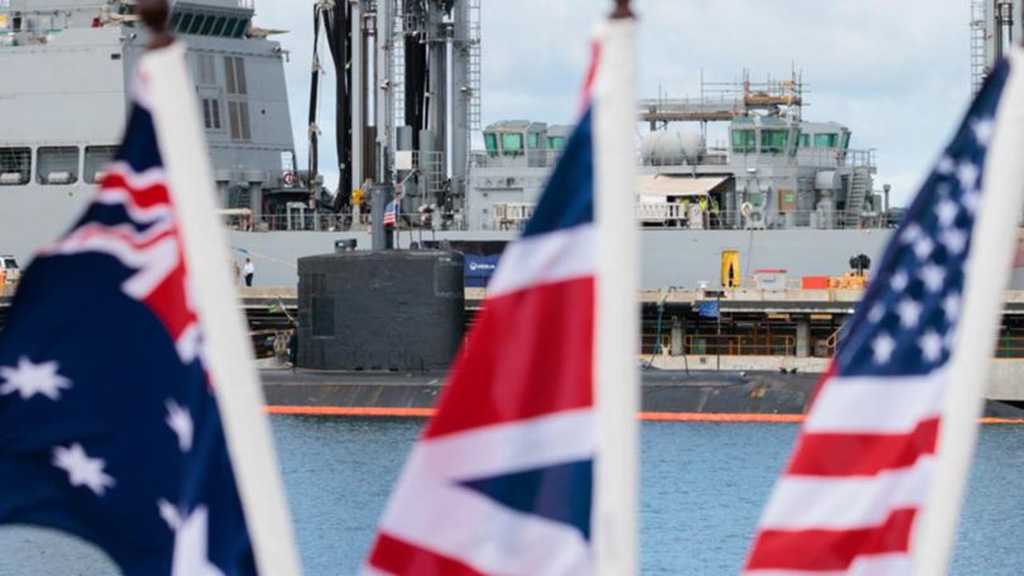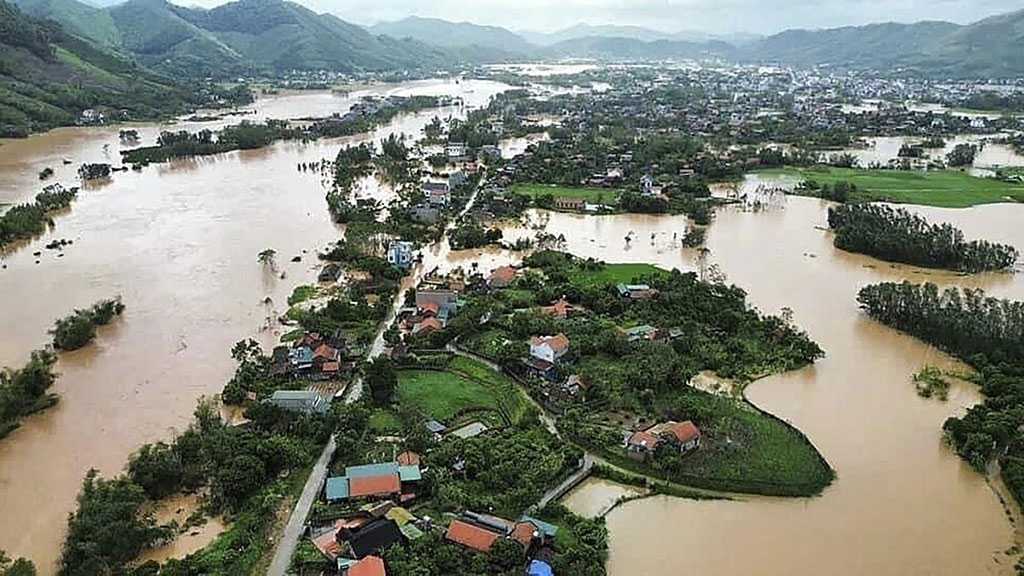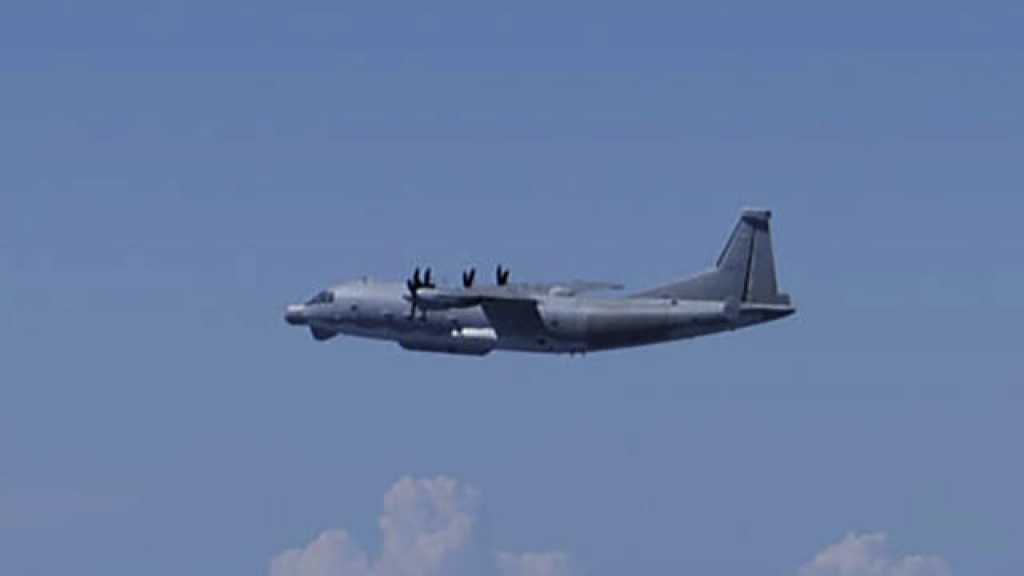New Zealand in Talks to Join AUKUS Bloc

By Staff, Agencies
New Zealand has signaled willingness to join the AUKUS security pact with the US, UK, and Australia, but only in a non-nuclear capacity, the country’s defense chief says, noting Wellington’s legal and moral commitments to remain nuclear-free.
In a statement issued on Tuesday, Defense Minister Andrew Little said New Zealand is interested in becoming the fourth member of AUKUS, hoping to participate in the development of military technology such as AI, quantum computing, and advanced information technology.
“We have been offered the opportunity to talk about whether we could or wish to participate in that pillar two [non-nuclear] aspect of it,” he said, adding “I’ve indicated we will be willing to explore it.”
Little said the New Zealand military may have to upgrade some of its gear to keep up with American and Australian standards if it is to join, namely in the realm of communications, explaining that some of the country’s technology is “increasingly obsolete.”
However, given New Zealand’s “legal obligations and our moral commitment to [being] nuclear-free,” the defense minister said he is “quite satisfied” that any participation in AUKUS would involve conventional weapons only.
“We already work very closely with allies and partners who have nuclear-powered vessels and submarines and nuclear-armed missiles and submarines... It doesn’t change anything that we’re currently doing,” he continued.
Earlier this month, Little met with senior White House national security official Kurt Campbell, after which the US official said he believed there was a chance New Zealand could join the AUKUS pact.
Signed in 2021, the trilateral agreement is centered on facilitating the transfer of nuclear technology from the US to Australia with help from the UK, to be used to build nuclear-powered submarines for Canberra.
However, the pact has also been described by officials as a way to deter China, which has denounced the AUKUS agreement for helping to proliferate nuclear technology around the world, as well as “severely damaging regional peace” and intensifying an “arms race” in the Indo-Pacific.
Comments
- Related News

Typhoon Yagi: More than 140 Dead in Vietnam
2 months ago


